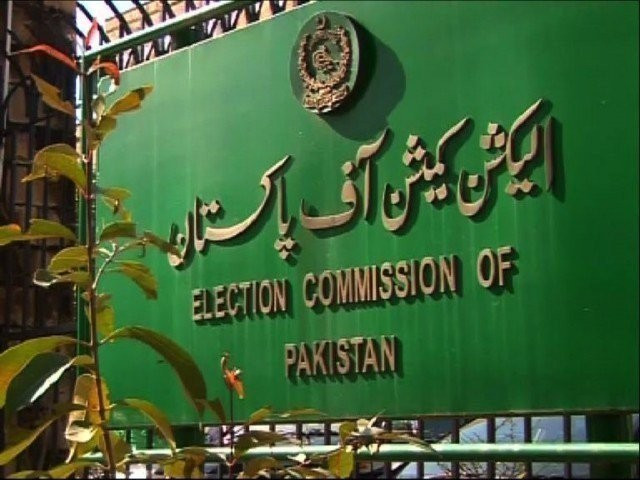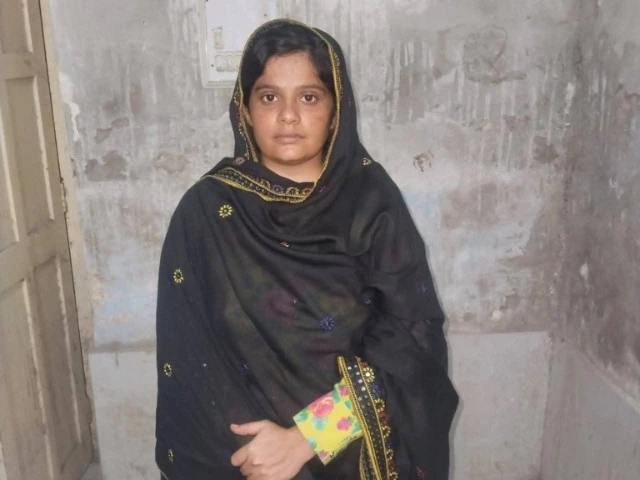The Ongoing Dispute Over Reserved Seats in Khyber-Pakhtunkhwa Assembly: Key Takeaways
The Election Commission of Pakistan (ECP) made headlines recently as it reserved a verdict on the contentious issue of reserved seat allocations in the Khyber-Pakhtunkhwa Assembly. After hearing arguments from five political parties, including PML-N, JUI-F, PPPP, ANP, and PTI-P, the ECP’s five-member bench, led by Chief Election Commissioner Sikandar Sultan Raja, is carefully considering the matter.
Understanding the Arguments
At the heart of the dispute lies the question of how reserved seats are distributed among political parties. PML-N’s lawyer Aamir Javed highlighted a significant discrepancy: both PML-N and JUI-F secured seven general seats, yet JUI-F was allotted ten reserved seats compared to PML-N’s eight. This disparity raised eyebrows. As a possible solution, Javed suggested a toss, referencing legal provisions.
On the other hand, JUI-F’s Kamran Murtaza contended that the notification for reserved seats should not be retracted based on a single seat in Khyber-Pakhtunkhwa. Adding to the complexity, PTI’s counsel voiced concerns over the allocation process, which he argued counted two of their representatives as one, further muddling the outcome.
The Legal Backdrop
This public debate isn’t occurring in a vacuum. Earlier in July, the Peshawar High Court (PHC) annulled the prior seat distribution by the ECP, demanding a reallocation after thorough hearings. It specifically ruled that the ECP’s deadline for independent candidates to join political parties was unconstitutional.
The situation is particularly intricate, given that the K-P Assembly consists of 124 members: 99 elected via general seats and 25 reserved for women and minorities. The reserved seats are crucial for party representation, making the stakes high for all involved.
Implications for Future Elections
With the next general elections set for February 8, 2024, many see this dispute as a precursor to broader electoral implications. The ECP’s decision will inevitably influence party dynamics as they prepare for the upcoming voting cycle.
Conclusion
The ongoing debate over reserved seats in the Khyber-Pakhtunkhwa Assembly showcases the complexities of Pakistan’s electoral process. Both legal arguments and party positions offer a glimpse into the challenges that political entities face in navigating these environments. For those interested in keeping tabs on relevant political developments and insights, staying connected with platforms like Pro21st can be beneficial. Engage with us to delve deeper into the dynamics shaping Pakistan’s political landscape!
At Pro21st, we believe in sharing updates that matter.
Stay connected for more real conversations, fresh insights, and 21st-century perspectives.





